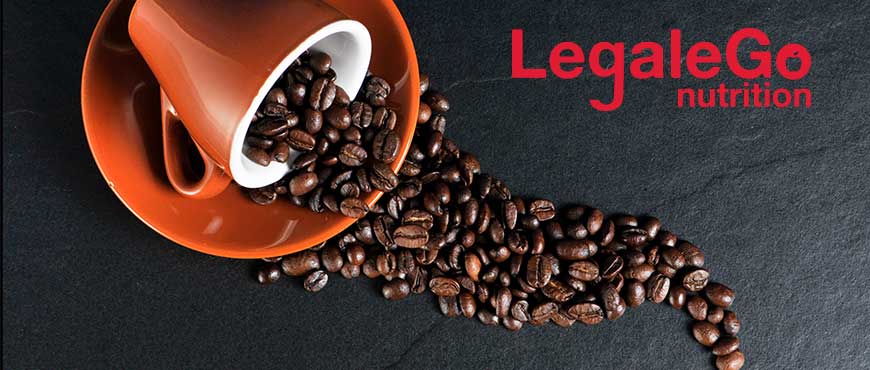
What is the caffeine limit and how should it be reported on the label?
The food supplements legislation does not set maximum limits for the caffeine content in soft drinks.
The previous regulations established as a limit of caffeine a maximum of 150 mg of caffeine per liter. On the other hand, current regulations, which establishes that the commercial operator must ensure that:
- the amounts added are safe and
- do not pose risks to the health of consumers
In addition to this food supplements legislation, there is another reference measure by the International Olympic Committee (IOC). This Committee considers caffeine as a substance of restricted use at 12 mg/l of urinary excretion.
A dose of 5 mg/kg. of body weight would be within the limit of caffeine accepted by the IOC. Therefore, a recommended and allowed dose for a weight of 59 kg, for example, would be 295 mg. This is the same amount suggested by the United States Food and Drug Administration as safe.
Although the food supplements legislation does not specify the maximum allowed, it does regulate the information that should appear on the label in relation to caffeine:
– For foods other than beverages, to which caffeine is added for physiological purposes:
“Contains caffeine. Not recommended for children or pregnant women “in the same visual field as the name of the food. Followed by a reference in parentheses to the caffeine content expressed in mg per 100 g/ml. In the case of food supplements, the caffeine content will be expressed in portions according to the recommended daily consumption indicated on the labeling ”.
– For the rest of drinks:
“High caffeine content: Not recommended for children or pregnant or breastfeeding women “in the same field of vision as the name of the beverage. Followed by a reference in parentheses to the caffeine content expressed in mg per 100 ml.
In many cases the food supplements legislation does not set the limits of the substances. Therefore, it is necessary to refer to the recommendations and interpretations of the Agencies and Health Authorities. As specialists in food supplements (sports and natural nutrition), at LegaleGo Food Consulting we know the quantities and limits of each of the substances that are to be incorporated into the process of manufacturing food supplements.
It is important, in this sense, before starting the commercialization of a food supplement, to check if the substances that form it are allowed in their quality and quantity. For this, in addition to Spain, it is possible to contemplate its prior commercialization in another country according to the EU food supplements legislation for this and later, to market it in Spain through the principle of mutual recognition.






